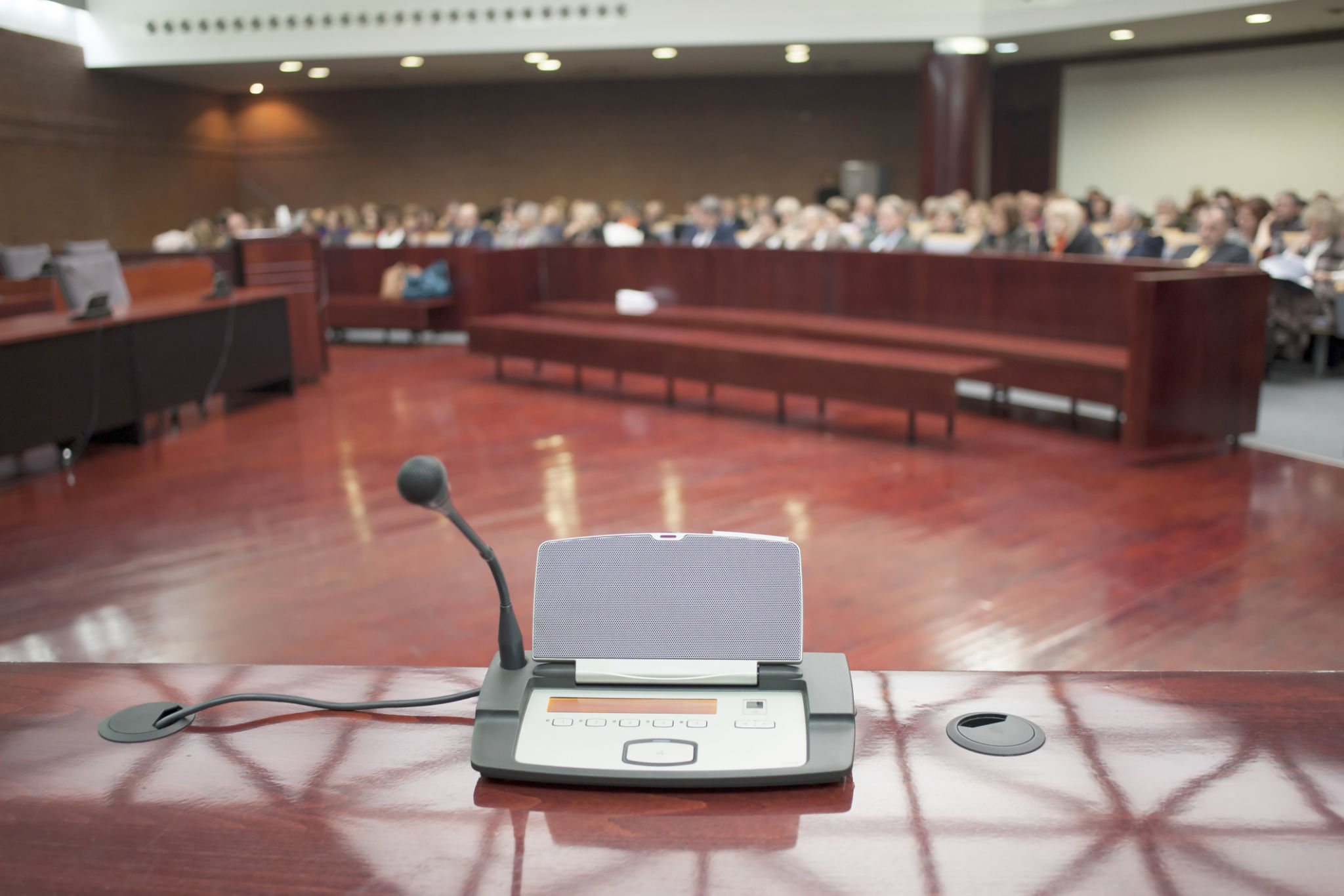Common Misconceptions About Court Translators: What You Need to Know
Understanding the Role of Court Translators
Many people hold misconceptions about the role and responsibilities of court translators. This can lead to misunderstandings about their importance in legal proceedings. A court translator is not just someone who knows two languages; they are trained professionals who play a crucial role in ensuring justice is served. With a deep understanding of legal terminology and cultural nuances, court translators bridge the communication gap in legal settings.
One common misconception is that court translators merely translate words verbatim. In reality, their job is far more complex. They must maintain accuracy while also conveying the intended meaning and context of the original statements. This requires a nuanced understanding of both languages and the legal system.

The Difference Between Interpretation and Translation
Another common misunderstanding is the difference between interpretation and translation. While both involve converting one language to another, they are not interchangeable terms. Interpretation refers to spoken language, whereas translation deals with written text. Court translators often do both, but their primary task in the courtroom is interpretation.
Interpreters must think on their feet, providing real-time translations during court proceedings. This demands not only language proficiency but also quick decision-making skills to ensure that nothing is lost in translation. On the other hand, when translating documents, they have more time to ensure accuracy and consistency.
Qualifications of a Court Translator
It’s a common belief that anyone bilingual can serve as a court translator, but this is far from true. Professional court translators are highly skilled individuals who have undergone extensive training and certification processes. These qualifications ensure they can handle the complexities of legal language and maintain ethical standards.

Many jurisdictions require court translators to be certified or accredited by recognized professional bodies. This accreditation confirms their proficiency and ability to handle sensitive legal matters. The rigorous requirements are in place to preserve the integrity of legal proceedings and protect the rights of non-native speakers.
Challenges Faced by Court Translators
Court translators often face challenges that are not immediately apparent to outsiders. These include dealing with regional dialects, legal jargon, and emotionally charged situations. A simple mistranslation or misinterpretation can have serious consequences, affecting the outcome of a trial.
Moreover, court translators must remain neutral and unbiased, regardless of the case's nature or their personal beliefs. This requires strong professional ethics and emotional resilience, as they might deal with difficult or distressing testimony.

The Importance of Cultural Competence
Cultural competence is another important aspect of a court translator's role. It's not enough to know the words; understanding cultural contexts and subtleties is vital. Misinterpretations often arise from cultural differences rather than linguistic ones, highlighting the need for translators who are knowledgeable about cultural nuances.
Effective court translators are aware of these cultural factors and incorporate them into their work, ensuring a fair trial for all parties involved. Their expertise helps prevent misunderstandings that could lead to incorrect judgments or unfair treatment.
The Impact on Legal Outcomes
The influence of court translators on legal outcomes cannot be overstated. They play a pivotal role in ensuring non-native speakers understand the proceedings and can fully participate in their defense. A skilled translator ensures that every party's voice is heard accurately, promoting justice and fairness.
When misconceptions about court translators are dispelled, it becomes clear how essential their work is in upholding justice. Recognizing their expertise and importance helps maintain the integrity of the legal system and protects the rights of all individuals involved.